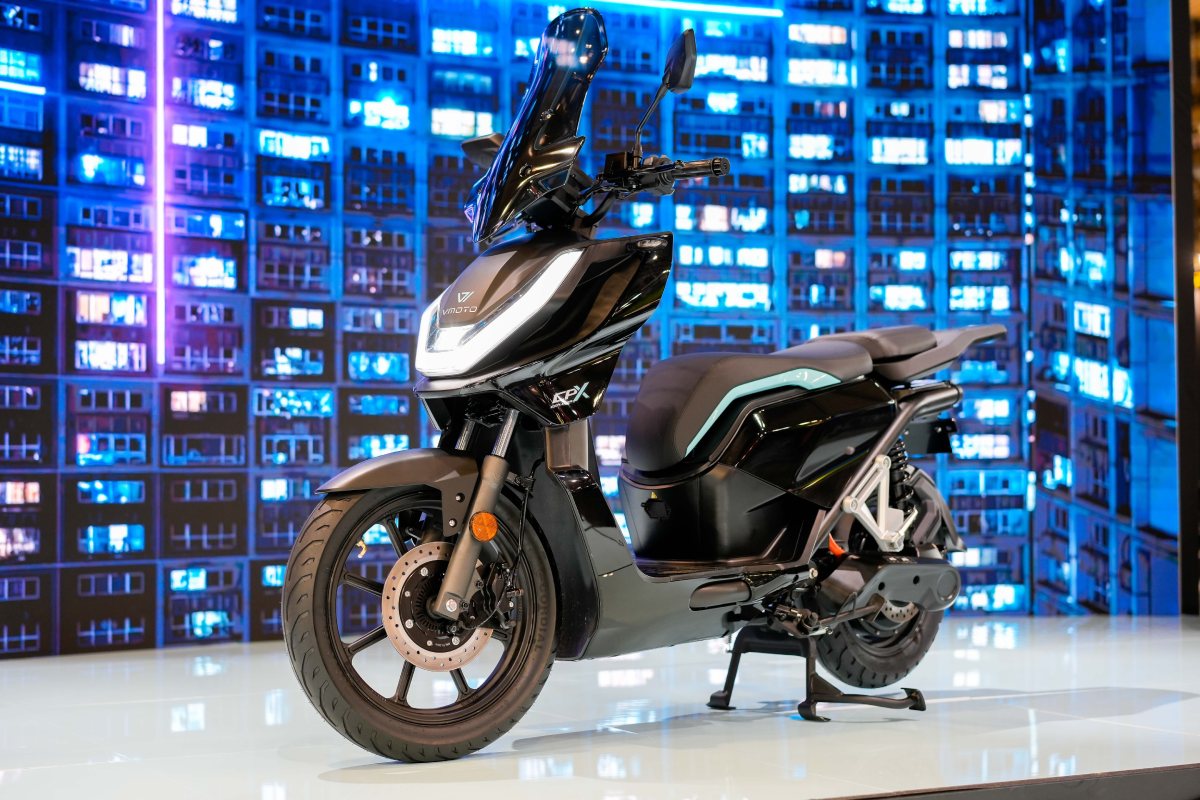Altilium, a UK-based clean technology group focused on supporting the transition to net zero, is pleased to announce details of a new partnership with global EV company Vmoto, which will see the two companies collaborating to develop a commercial solution for the collection and recycling of lithium-ion batteries from electric scooters and motorbikes across the UK and Europe.
The agreement underscores Altilium’s commitment to developing an end-to-end solution for the sustainable processing of waste EV batteries, encompassing zero-carbon battery collection, black mass recycling and chemical refining direct to battery-ready cathode active material (CAM).
Vmoto is a leading global manufacturer and distributor of electric scooters and motorcycles, including the UK’s best-selling electric motorcycle brand, Super Soco. Its latest range of machines includes the CPX Explorer electric scooter and the APD electric motorcycle. With newly established UK and France subsidiaries, both 100% owned by the company, the company aims to be the leading EV brand in both markets.
The batteries of Vmoto’s electric motorcycles and scooters are designed to be swappable and the company recently launched its first battery swapping station for B2C and B2B customers.
Under the partnership, Altilium will look at collecting batteries returned to Vmoto’s distribution agents across Europe, for recycling at its Battery Recycling Stations. The resulting black mass will then be processed using Altilium’s patent-pending EcoCathode™ technology, to recover the critical battery materials, including lithium and nickel, for reuse in the battery supply chain.
Electric scooters and motorcycles continuing to grow in popularity, with 30% of two wheelers worldwide forecast to be electric by 2030 (McKinsey). Ensuring that end-of-life batteries from this market are recycled effectively will be key to creating a circular economy for critical battery materials and reducing carbon emissions.

Get in touch
Building the recycling infrastructure needed for net-zero requires a collaborative approach.

